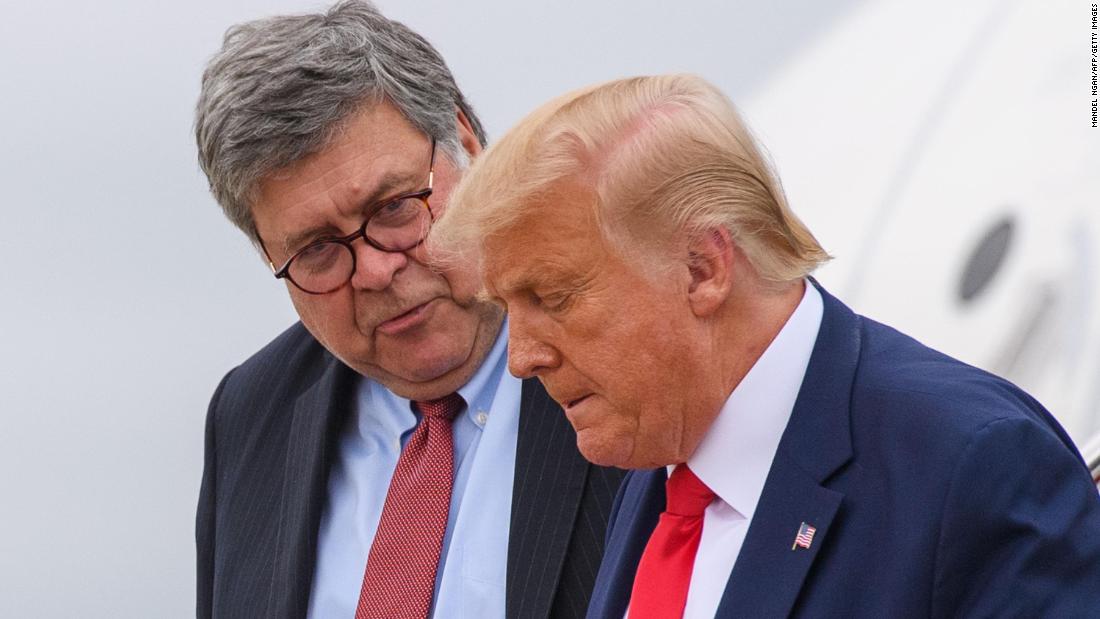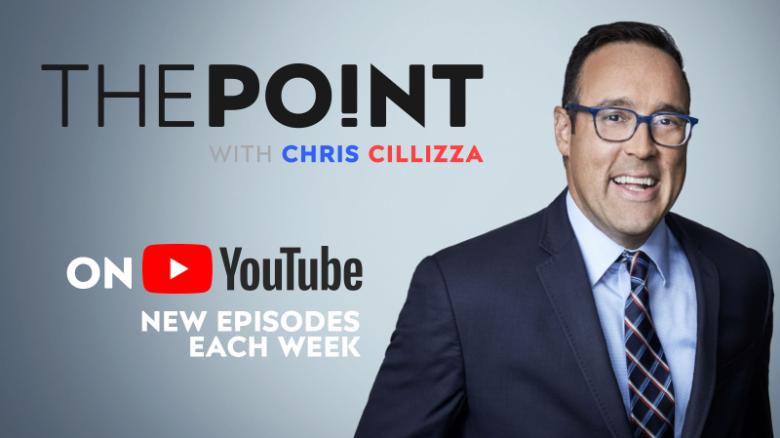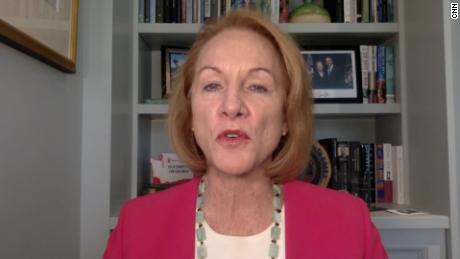Analysis: Trump has finally found his ultimate wingman in William Barr
“Name one successful organization or institution where the lowest level employees’ decisions are deemed sacrosanct, there aren’t,” Barr said of alleged unhappiness within the Department of Justice among the rank-and-file. “There aren’t any letting the most junior members set the agenda. It might be a good philosophy for a Montessori preschool, but it is no way to run a federal agency.”
Of governors resisting full reopenings of their states amid the ongoing coronavirus pandemic, Barr said this: “You know, putting a national lockdown, stay-at-home orders, is like house arrest. Other than slavery, which was a different kind of restraint, this is the greatest intrusion on civil liberties in American history.”
Yes, you read that right. He compared state elected officials taking precautions to protect their citizenry from a virus that has killed almost 200,000 Americans to slavery. [shakes head]
While Barr’s speech on Wednesday is the most stark evidence of just how much he has bought into the Trumpian view of the world (or maybe has always shared it), his actions since being appointed Trump’s top cop in February 2019 demonstrate in no uncertain terms that he is perfectly comfortable being Trump’s enforcer.
Consider:
There’s more — much more — but you get the idea.
Those who have studied Barr’s long career in public life — he served in the same job he now holds during George H.W. Bush’s administration — suggest that Barr is not putty in Trump’s hands, but that the relationship is actually best understood the other way around.
“Trump has turned out to be the ideal vessel for Barr’s decades-long pursuit of a potent ‘unitary executive’ with few checks on his power and broad authority to swat away congressional demands. Theirs is a political marriage of perfect symmetry: a President who wants to do whatever he wants, whenever he wants — and believes he can; an attorney general dedicated to endowing Oval Office occupants with expansive power. In Barr’s thinking, the president is not the head of the executive branch of government, which is a collection of dozens of agencies and sub-departments. Instead, as Barr sees it, the president and the president alone is the executive branch.”
“Some wonder if Barr might still be hungry for influence, having been attorney general for only 17 months the first time. Others wonder whether he spent too much time watching Fox News during the Obama years and came out the other side an ideologue. And there are others who look at Barr’s support for Trump and see more consistency than contradiction. Barr, they say, hasn’t changed his values. Rather, he has found in Trump the perfect vehicle with which to move them forward.”
It was, in short, a deeply transactional relationship. Cohn taught Trump how to get attention and turn everything into a knife fight. Trump gave Cohn a high-profile public figure to create in his own likeness.
It’s that same sort of transactional nature that sits at the heart of understanding Trump and Barr. Trump has always longed for someone to provide legal backup to his ideas and views. (Cohn, Michael Cohen and Rudy Giuliani preceded Barr in that role for Trump.) Barr has always wanted a president who views the office as entirely unlimited in its reach and power.
Each has found what that had been searching for in the other. And that may not be such a good thing for America.
![]()





